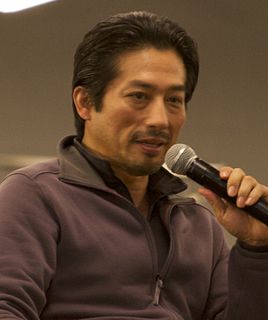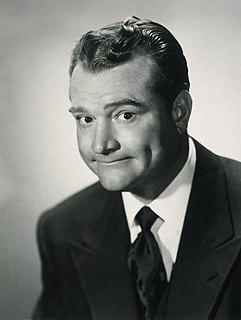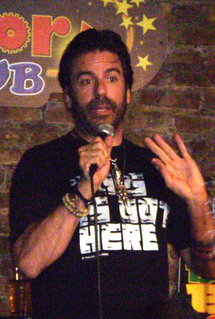A Quote by Hirokazu Kore-eda
I think a lot of Japanese morals are built around what the dead would think of us.
Related Quotes
Keanu Reeves learned a lot, respecting the culture. I was surprised when I first met him. He knew a lot already and he learned a lot. And also he learned Japanese. It's incredible. On the set, switching between the Japanese and English, even for us, is very hard. It's complicated. But the first time Keanu spoke in Japanese it was a very important scene between us, and more than the dialogue's meaning, I was moved. His energy for the film, completely perfect Japanese pronunciation. It was moving, surprising, respecting.
When anyone hurts us, my wife and I sit in our Japanese sand garden and drink iced tea. There are five stone in the garden - for sky, wind, fire, water, and earth. We sit and think of five of the nicest things we can about the person who hurt us. If he hurts us a second time, we do the same thing. The third time, we light a candle, and he is, for us, dead.
I'd like to protect children, too, but... is everything worth sacrificing to that? I mean, drugs have done a lot of good... They've midwived a lot of good ideas... lot of great songs, you know? I think "Penny Lane" is worth 10 dead kids... I think Dark Side of the Moon is worth 100 dead kids. There, I said it.
The ethics of sex is a thorny problem. Each of us is forced to grope for a solution he can live with - in the face of preposterous, unworkable, and evil code of so-called 'Morals.' Most of us know the code is wrong, almost everybody breaks it. But we pay Danegeld by feeling guilty and giving lip service. Willy-nilly, the code rides us, dead and stinking, an albatross around the neck.
Dead people never seem to address the obvious - the things you'd think they'd be bursting to talk about, and the things all of us not-yet-dead are madly curious about. Such as: 'Hey, where are you now? What do you do all day? What's it feel like being dead? Can you see me? Even when I'm on the toilet? Would you cut that out?'
We went in and recorded exactly where we were at that point in time. I think because of the quality of musicianship of the band has given it the longevity. I thought the music would endure, I didn't think I would ... I always thought I'd be dead by 30, then dead by 40 and on and on. Now I'm 55 so I didn't even die at 50.
Calvin: Isn't it strange that evolution would give us a sense of humor? When you think about it, it's weird that we have a physiological response to absurdity. We laugh at nonsense. We like it. We think it's funny. Don't you think it's odd that we appreciate absurdity? Why would we develop that way? How does it benefit us? Hobbes: I suppose if we couldn't laugh at things that don't make sense, we couldn't react to a lot of life.





































